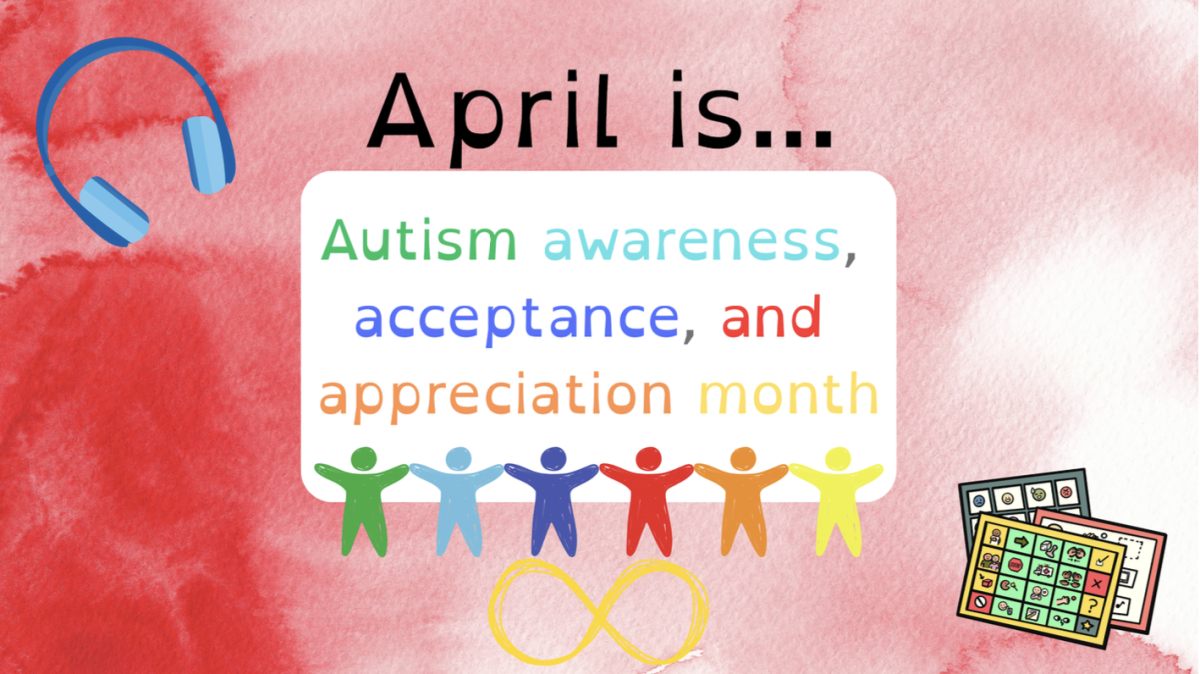Fasting is a meaningful practice that many people around the world do for different reasons. It
involves not eating or drinking for a certain time, often with prayer and quiet thinking. People
fast to grow spiritually, build self-discipline, feel empathy for others, and connect more deeply
with their beliefs. It is a special time for reflection, allowing individuals to renew their
commitment to what they believe.
Religions That Practice Fasting
Islam: One of the best-known fasting practices happens during Ramadan, which is a key part of
Islam. During this month, Muslims fast from dawn until sunset, which means they give up all
food and drinks, even water! This time allows them to cleanse their spirits, build self-discipline,
and understand the experiences of others. Each day, they break their fast with a meal called
iftar, often shared with family and friends, highlighting community and togetherness.
Judaism: Fasting is very important in Judaism, especially during special holy days. For example,
Yom Kippur, the Day of Atonement, involves a 25-hour fast focused on seeking forgiveness and
spending time in prayer. Another significant day is Tisha B’Av, which remembers the destruction
of the Temples in Jerusalem. During these fasts, people do not eat or drink and participate in
special prayers, thinking about loss and repentance.
Buddhism: Many Buddhists fast on certain lunar days, like during the full moon and new moon.
This practice helps them develop mindfulness and discipline. Monks and nuns often start their
fast in the afternoon, which helps them gain mental clarity and compassion as part of their
spiritual journey.
Hinduism: Hindus have many different fasting practices, usually during religious festivals or
special days of devotion. They fast to honor various gods, seek blessings, or cleanse
themselves spiritually and physically. Fasting can mean avoiding certain foods, like grains, or
completely fasting on special occasions for different gods and goddesses.
Christianity: Fasting is an important tradition in many Christian churches, especially during Lent,
which lasts for 40 days before Easter. This time is meant for reflecting on Jesus’ sacrifice,
repenting for mistakes, and preparing spiritually for Easter. Different churches may have their
own ways of fasting, such as giving up specific foods or habits.
Sikhism: In Sikhism, fasting is not required but is often done voluntarily during special times, like
Vaisakhi, or when seeking spiritual renewal. It focuses on self-discipline and reflecting on the
teachings of the Gurus. Sharing meals (called langar) after fasting is an important part of Sikh
philosophy, showing the value of community and generosity.
Jainism: Fasting is very important in Jainism and serves as a way to practice self-control and
renunciation. Jains observe various types of fasting, especially during key festivals like
Paryushana. These fasts can involve avoiding specific foods or even complete fasting from foodand water for some time, which helps them reinforce their commitment to non-violence and
spiritual purity.
How to Support a Friend Who is Fasting
1. Learn About It: Take some time to understand your friend’s fasting practices and what they
mean to them. Knowing their reasons shows your support and helps you connect with their
experience.
2. Be Respectful: Always show respect for your friend’s dedication to fasting. Avoid negative
comments about their choices, as this may make them feel unsupported. Recognizing their
commitment can strengthen your friendship.
3. Check In Regularly: Send a quick message or call to see how they are doing—it means a lot!
This shows you care and are thinking of them. It’s also a chance for them to share their
experiences and any challenges they face.
4. Plan Fun Activities: When you spend time together, try not to plan meals during their fasting
hours. Instead, suggest activities that do not involve food, like walking in nature, watching a
movie, visiting a museum, or working on a hobby together. This helps them feel supported
without breaking their fast.
5. Offer Encouragement: Be a cheerleader for your friend, especially when things get tough.
Remind them of the good things and personal growth that come from their fasting journey. Your
support can make a big difference!
In conclusion, fasting is a meaningful practice in many religions that promotes spiritual growth
and self-reflection. To support a friend during their fasting, it is important to show understanding,
respect, and encouragement. By being considerate and mindful of their experience, you can
make their fasting journey even more significant.




























